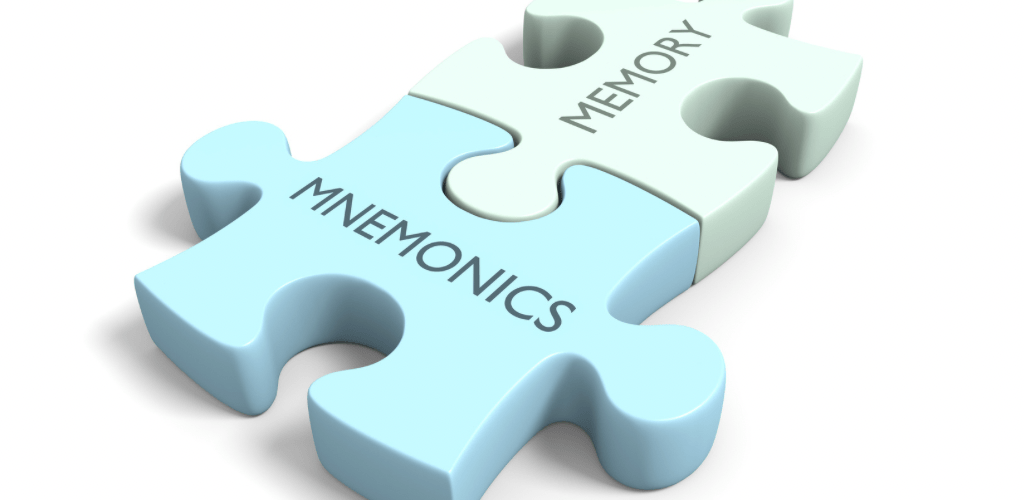1. Stay Physically Active

Regular exercise is not only essential for maintaining physical health, but it can also have a positive impact on memory. When you engage in physical activity, blood flow to the brain increases, providing it with the oxygen and nutrients it needs to function optimally. This enhanced blood flow supports cognitive function, including memory.
2.Prioritise Quality Sleep

Getting enough sleep is crucial for memory improvement. During sleep, your brain consolidates and stores memories effectively. Aim for 7-9 hours of sleep each night to ensure that your brain has enough time to carry out these essential processes. By prioritizing quality sleep, you give your brain the opportunity to organize and retain the information you encounter throughout the day.
3. Maintain a Healthy Diet
The food you eat plays a significant role in brain health and memory improvement. Including foods that are rich in omega-3 fatty acids, antioxidants, and vitamins can provide the necessary nutrients to support optimal brain function. Omega-3 fatty acids, found in foods like salmon and walnuts, have been shown to improve memory and overall cognitive function. Antioxidants, present in fruits and vegetables, help protect the brain from damage by free radicals. Additionally, vitamins such as B vitamins and vitamin E have been associated with improved memory retention.
Stay Mentally Active
Challenging your brain regularly is another effective way to improve memory. Engaging in activities that require mental effort, such as puzzles, games, or learning new skills, can help strengthen neural connections and improve cognitive function. These activities stimulate different areas of the brain and encourage the formation of new connections, leading to enhanced memory retention.
Practice Mindfulness and Meditation
In a world full of distractions, practicing mindfulness and meditation can help improve focus and attention, ultimately benefiting memory. Mindfulness exercises, such as deep breathing or body scans, help you become more aware of the present moment and reduce mental clutter. By incorporating regular mindfulness practice into your routine, you can train your brain to better concentrate on the information you want to remember.
Socialize Regularly
Interacting with others has numerous benefits for mental health, but it can also positively impact memory. Engaging in social activities stimulates the brain and helps prevent memory decline. When you engage in conversations or participate in activities with others, you are actively exercising your brain. These social interactions require you to remember names, events, and other details, providing mental that supports memory improvement.
Manage Stress

Chronic stress can have detrimental effects on memory. When you are stressed, your brain releases hormones that impair memory and cognitive function. To protect your memory, it is important to practice stress-reduction techniques such as deep breathing, yoga, or meditation. These activities can help calm your mind, reduce stress levels, and promote better memory retention.
Use Mnemonic Devices

Mnemonic devices are memory aids that help you remember information more effectively. By creating associations, acronyms, or rhymes, you can make information more memorable and easier to recall. For example, if you need to remember a list of groceries, you can create a funny acronym using the first letter of each item. The more unique and personalized the mnemonic device is to you, the more likely you are to remember the information associated with it.
Chunk Information

When faced with large amounts of information, it can be overwhelming to try to remember everything at once. Breaking down the information into smaller, manageable chunks can make it easier to process and recall later. By organizing information into categories or related groups, you create mental boundaries that aid in memory retrieval. This technique is particularly useful when studying or trying to learn new complex subjects.
Teach Others What You’ve Learned

Teaching or explaining concepts to someone else is an excellent way to reinforce your own understanding and memory. When you teach others, you are required to verbalize information, identify key points, and organize thoughts clearly. By doing so, you solidify your own comprehension and improve memory retrieval. Additionally, teaching others can be a gratifying experience, creating a positive emotional connection that further enhances memory retention.
Stay Hydrated

Proper hydration is essential for optimal brain function, including memory. Dehydration can impair cognitive abilities and affect memory retention. To ensure your brain stays hydrated, make sure you drink enough water throughout the day. While individual needs may vary, a general guideline is to aim for at least eight cups of water per day. By staying hydrated, you provide your brain with the necessary fluids to function at its best and promote optimal memory performance.
Get Regular Mental Health Checkups

Conditions such as depression or anxiety can impact memory and cognitive function. If you notice persistent memory problems or suspect that a mental health issue may be affecting your memory, it is important to seek professional help. Regular mental health checkups can ensure early detection and appropriate treatment if needed. By addressing any underlying mental health concerns, you can take steps to improve both your mental well-being and your memory.
Incorporating these practices into your lifestyle can lead to comprehensive memory improvement. Remember, consistency is key. By staying physically active, prioritizing quality sleep, maintaining a healthy diet, engaging in mental challenges, practicing mindfulness and meditation, socializing regularly, managing stress, using mnemonic devices, chunking information, teaching others, staying hydrated, and getting regular mental health checkups, you can enhance your memory and overall cognitive function. So start incorporating these strategies today and unlock the full potential of your brain.




